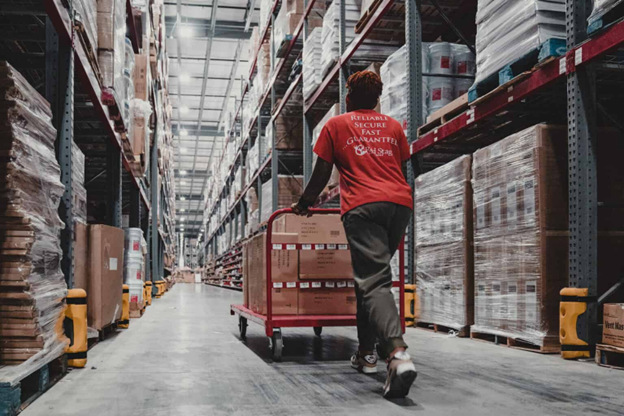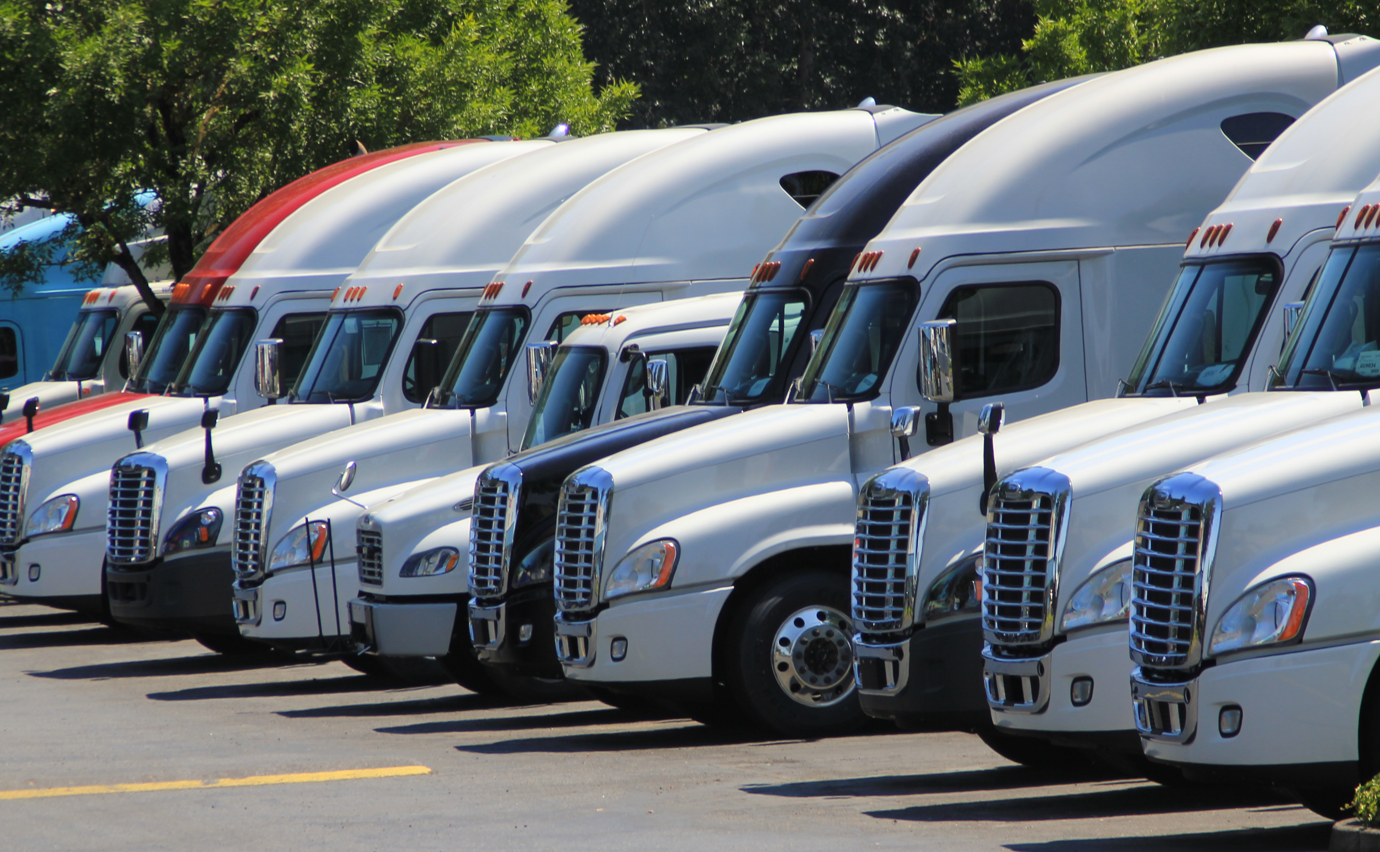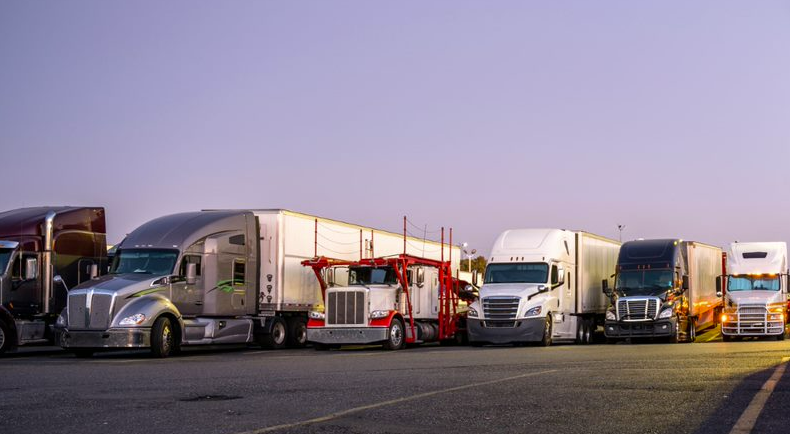The logistics industry, a vital part of the global economy, serves as the backbone of trade and commerce. Its role has only grown in importance with the rise of e-commerce and a more globalized economy.
Today, digitalization is emerging as a potent force in logistics, with the potential to revolutionize the industry. It’s reshaping operations, enhancing efficiencies, promoting sustainability, and transforming customer experiences.
This article presents an in-depth exploration of these transformations, investigating how digitalization affects these critical facets of the logistics industry.
Digitalization and Efficiency in Logistics
Efficiency is the lifeblood of logistics. It’s what allows goods to move smoothly, reliably, and cost-effectively. With digitalization, the industry has found new ways to enhance efficiency. Real-time tracking systems, for example, provide unprecedented insights into routing and delivery times. By analyzing traffic and weather data, these systems allow logistics operators to preempt delays, find the best routes, and guarantee timely deliveries.
The role of artificial intelligence (AI) in the digital logistics landscape is another crucial efficiency driver. AI-powered automation is streamlining logistics processes, minimizing human error, and boosting productivity. AI can predict maintenance requirements for vehicles or warehouse machinery, reducing downtime and preventing costly breakdowns.
Advanced analytics is another critical component of digitalization in logistics, providing powerful tools for decision-making and strategy formulation. Advanced analytics can scrutinize historical and real-time data, identify patterns, predict trends, and provide actionable insights for logistics providers. This data-driven approach can lead to strategic decisions that boost efficiency, save costs, and enhance competitiveness.
To illustrate, let’s consider how a digital twin can boost efficiency. By using a digital warehouse-design approach, companies simulated various scenarios to optimize warehousing, kitting, and value-added operations. The outcome was a significant reduction in both capital expenditures (capex) and operating expenses.
Digitalization and Sustainability in Logistics
Sustainability is fast becoming a non-negotiable in logistics. With climate change and environmental concerns taking center stage, the industry is under mounting pressure to minimize its environmental footprint — and digitalization offers innovative solutions to achieve this goal.
One way digital tools contribute to sustainability is by improving route planning and fuel efficiency. By identifying the shortest and most efficient routes, logistics providers can reduce fuel consumption and limit carbon emissions. Additionally, predictive analytics can forecast potential issues like vehicle breakdowns that would increase emissions and waste resources.
Digital technology is also encouraging the transition to green logistics. For example, digital tools can help companies measure their carbon footprint, allowing them to set and achieve sustainability goals. Moreover, with the help of advanced analytics, companies can optimize their operations to become more environmentally friendly.
Lastly, digitalization is enabling new, sustainable business models. Returns management apps and automated inventory solutions can both aid in waste reduction and promote recycling. The emergence of green and reverse logistics models also illustrates the transformative potential of digitalization in the pursuit of sustainability.
Digitalization and Customer Experience in Logistics
Customer experience is, without a doubt, a defining competitive parameter in almost any industry. Thanks to digitalization, logistics providers can now offer superior services, timely delivery, and enhanced communication with their customers.
Digital tools have significantly improved communication between companies and customers. Online platforms and mobile apps have enabled customers to track their orders in real time, get instant updates, and communicate with logistics providers easily. This transparency fosters trust, enhances customer satisfaction, and is basically redefining what is a 3PL.
Digital tools are also simplifying logistics processes for customers. For instance, online platforms allow customers to easily place orders, make payments, and arrange deliveries. In the age of e-commerce, such ease of use can be a decisive factor for customers when choosing a logistics provider.
A case in point is DHL, a global logistics company that has redefined customer experience through digitalization. With the help of various digital tools, DHL has streamlined processes, improved operations, and enhanced communication with its customers. These efforts resulted in increased transparency, real-time updates, and improved overall customer satisfaction.
Challenges and Opportunities with Digitalization in Logistics
Digitalization, despite its tremendous potential, brings along a unique set of challenges that logistics companies must effectively manage to fully capitalize on its benefits. Here’s a snapshot of some of these challenges:
● Data security: As logistics companies become more reliant on digital tools and technologies, they expose themselves to an increased risk of cyberattacks and data breaches. The situation mandates the implementation of robust cybersecurity measures to safeguard sensitive data.
● Continuous adaptation: The technology landscape is constantly evolving, with new tools and solutions emerging at a breakneck pace. To stay competitive, logistics companies must be proactive, continuously updating their technological capabilities, upskilling employees, and fostering a culture of innovation.
● Return on investment: The cost of digital transformation can be high, and it can take time for companies to see a return on their investment. Businesses need to be strategic about what technologies they invest in, and have a clear plan for how these technologies will generate a return.
On the flip side, digitalization also opens up numerous opportunities for various stakeholders in the industry. The ability to make the best of technology can lead to enhanced operations, superior services, and business growth. Here are some of these opportunities:
● Efficiency enhancement: Technologies such as real-time tracking and AI can revolutionize operations for a wide range of stakeholders. Truck drivers, for instance, can significantly improve their efficiency by using these tools.
● Effective connection: Digital platforms provide freight brokers with a unique ability to efficiently connect shippers and carriers, thereby improving services and creating new business opportunities.
● Data-driven decision making: Digital tools enable access to vast amounts of data that can be used to make informed, strategic decisions. This could range from route optimization based on real-time traffic data to predictive vehicle maintenance based on AI algorithms.
The increasingly competitive landscape of the logistics industry makes the adoption of digitalization not just beneficial but crucial. Companies that can adapt swiftly and intelligently to incorporate digitalization into their business model will hold a competitive edge.
Parting Thoughts
As we’ve explored, digitalization is a game-changer in the logistics industry, acting as a cornerstone for profound transformation across efficiency, sustainability, and customer experience. Its influence is far-reaching, altering the way we approach logistics by infusing smarter, more sustainable, and more customer-centric solutions into daily operations.
This digital momentum is unstoppable. The key is understanding the opportunities and being proactive to integrate these technologies into your operations.
The takeaway? Embrace digitalization as your ally. By doing so, you will not only navigate the challenges ahead but also leverage digitalization’s full potential — creating a competitive edge in a rapidly evolving industry.
Source: Red Stag Fulfillment
________________________________________________________________________________________________________________
Many thanks to our guest contributor, Alex Selwitz, for authoring this blog post!

Alex Selwitz is the Director of SEO for Red Stag Fulfillment, an eCommerce fulfillment warehouse that was born out of eCommerce. He has years of experience in eCommerce and digital marketing. In his free time, Alex enjoys playing guitar and learning about new trends in the digital world.











